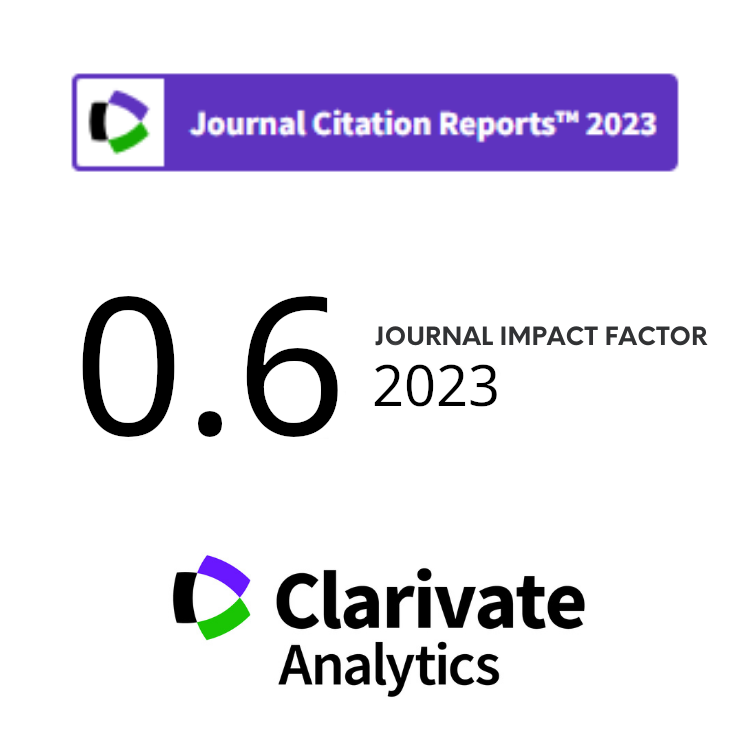The Utilization of Microbial Inoculants Based on Irradiated Compost in Dryland Remediation to Increase the Growth of King Grass and Maize
Abstract
This research was conducted to evaluate the capability of functional microbial inoculants to remediate drylands. The microbial inoculants used consist of hydrocarbon-degrading microbial inoculants and plant-growth-promoting microbial inoculants. Compost-based carrier was sterilized by a gamma irradiation dose of 25 kGy to prepare seed inoculants. The irradiated-compost-based hydrocarbon-degrading microbial inoculants and king grass (Pennisetum purpureum Schumach.) were used to remediate oil-sludge-contaminated soil using in-situ composting for 60 days. The results showed that they could reduce THP (total petroleum hydrocarbons) by up to 82.23%. Plant-growth-promoting microbial inoculants were able to increase the dry weight of king grass from 47.39 to 100.66 g/plant, N uptake from 415.53 to 913.67 mg/plant, and P uptake from 76.52 to 178.33 mg/plant. Cow dung and irradiated-compost-based plant-growth-promoting microbial inoculants were able to increase the dry weight of maize (Zea mays L.) from 5.75 to 6.63 ton/ha (12.54%) and dry weight of grain potential from 5.30 to 7.15 ton/ha (35.03%). The results indicate that irradiated-compost-based microbial inoculants are suitable for remediating a dryland and therefore increase potential resources and improve the quality of the environment.
Received: 17 March 2015; Revised: 28 October 2015; Accepted: 28 October 2015
Keywords
Full Text:
PDFDOI: https://doi.org/10.17146/aij.2016.477
Copyright (c) 2016 Atom Indonesia

This work is licensed under a Creative Commons Attribution-NonCommercial-ShareAlike 4.0 International License.











